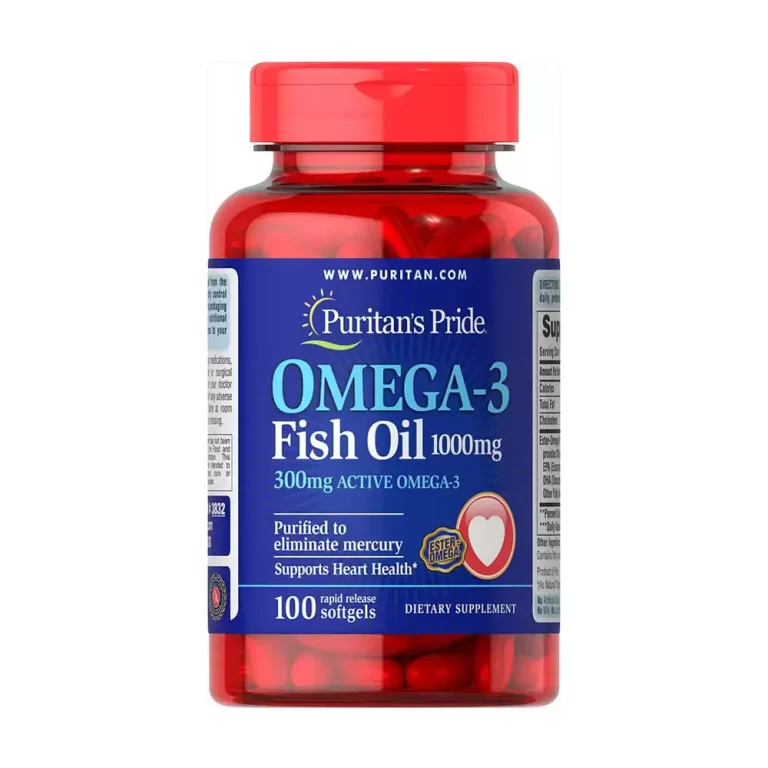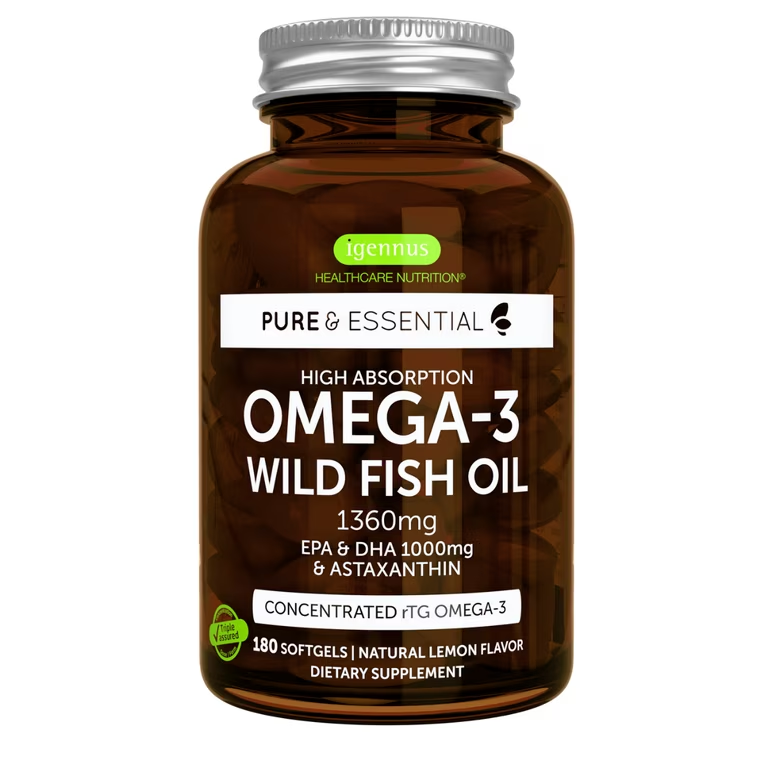
Fish Oil for Kids: Fish Oil Benefits for Child Development
Fish Oil for Kids: A Comprehensive Guide
Fish oil has gained popularity as a dietary supplement. Many parents wonder about the benefits of fish oil for their children. This guide will explore the various aspects of fish oil for kids and how it can support children’s health. It will also discuss potential side effects and considerations for parents.
What is Fish Oil?
Fish oil for kids comes from the tissues of oily fish. This oil is rich in omega-3 fatty acids. Omega-3s are essential fats that the body cannot produce on its own. Thus, they must be obtained through diet or supplements. The two primary types of omega-3 fatty acids found in fish oil are EPA and DHA. These compounds play crucial roles in brain development and overall health.
Fish such as salmon, mackerel, and sardines are excellent sources of omega-3s. Incorporating these fish into a child’s diet can enhance health and development. However, not all kids enjoy the taste of fish. This creates a gap for parents. Supplements provide an alternative way to ensure children receive essential nutrients.
Fish oil supplements are available in various forms. They come as liquid, soft gels, or gummies. Each form has its advantages and disadvantages. For instance, gummies often taste better, making them appealing to kids. Meanwhile, liquid forms may provide more concentrated doses. Parents must consider their child’s preferences when choosing a supplement.
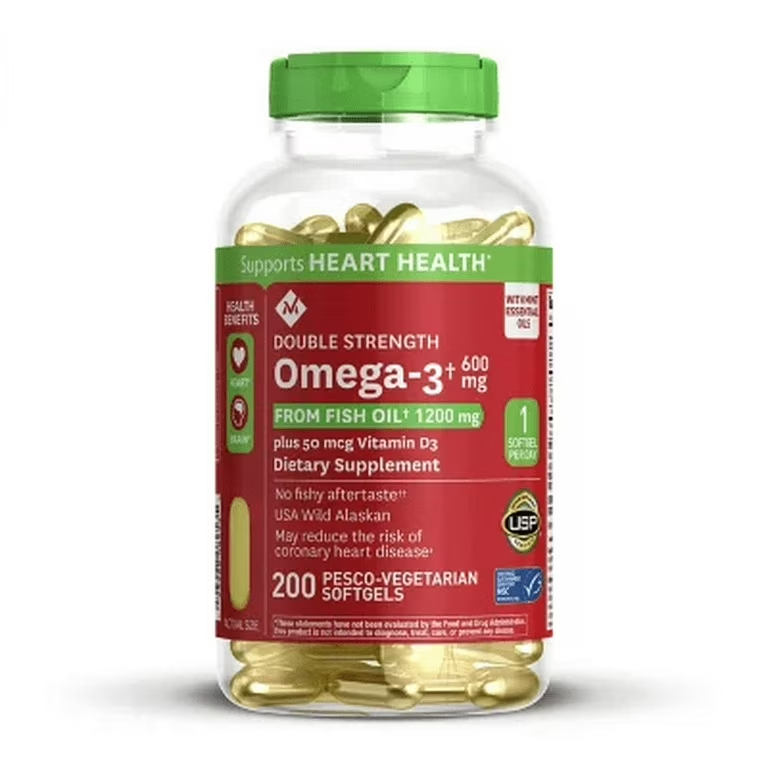
Benefits of Fish Oil for Kids
Numerous studies highlight the potential benefits of fish oil for children. These benefits range from improved cognitive function to enhanced immune support. Research shows that omega-3 fatty acids are vital for brain development. Children, particularly those with attention deficits, might experience significant improvements. Some studies suggest that omega-3s can help reduce symptoms of ADHD.
In addition to cognitive benefits, fish oil supports cardiovascular health. A diet rich in omega-3 fatty acids can help lower triglyceride levels. This is particularly important as childhood obesity rates rise. Healthy heart function starts early. Parents who incorporate fish oil into their child’s diet may contribute to long-term heart health.
The anti-inflammatory properties of omega-3s also hold importance. Conditions like asthma and eczema can benefit from reduced inflammation. Children suffering from these issues might find relief through omega-3 supplementation. Furthermore, strong immune function is essential for kids. Omega-3 fatty acids can enhance the immune response, helping kids fend off illnesses.
These benefits illustrate why parents might consider fish oil for kids. However, parents should always consult a healthcare professional before starting any supplement. This ensures the chosen fish oil aligns with the child’s specific health needs.
How to Choose the Right Fish Oil Supplement
Selecting a fish oil supplement can be confusing. The market offers a vast array of options. Parents should first check the source of the fish oil. Wild-caught fish are generally better than farmed varieties. Wild fish are less likely to contain harmful contaminants. Additionally, they are typically higher in omega-3 fatty acids.
Next, check the concentration of EPA and DHA. Different supplements have varying amounts of these essential components. Parents should look for products that specify the amounts clearly. A higher concentration means the child needs a smaller dose, which can be more convenient.
In addition to concentration, consider the quality of the fish oil for kids. Third-party testing can provide assurance of purity and potency. Products that have undergone rigorous testing are less likely to contain toxins. Look for certifications or labels from reputable organizations.
Lastly, consider the form of fish oil. Some children may prefer gummies, while others might accept liquid or soft gels. Choosing a form that the child enjoys can encourage consistent use. Consistency is key for experiencing the benefits of fish oil over time.
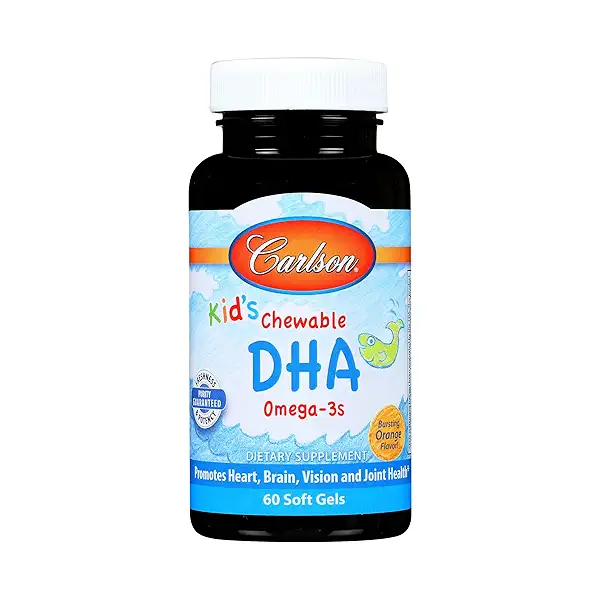
Potential Side Effects of Fish Oil
While fish oil has numerous benefits, it is essential to be aware of potential side effects. Some children might experience gastrointestinal issues. Nausea, diarrhea, or a fishy aftertaste can occur with omega-3 supplementation. Taking fish oil with meals may help reduce these symptoms.
Additionally, fish oil may increase the risk of bleeding in some individuals. It is crucial to monitor for any unusual bruising or bleeding. Those with pre-existing bleeding disorders should be especially cautious. Consultation with a healthcare professional is crucial before introducing fish oil.
Allergies must also be considered. Children with fish or shellfish allergies may face adverse reactions. Parents should opt for vegetarian algae-based omega-3 supplements in such cases. These alternatives provide similar benefits without the allergy risk.
Moreover, the quality of the supplement matters. Low-quality omega-3 supplements can contain harmful impurities. Always choose high-quality products from reputable sources. This can minimize the risk of unwanted side effects.
Recommended Dosage for Children
Determining the right dosage of fish oil is critical for maximizing benefits. However, there isn’t a one-size-fits-all recommendation. Dosage often depends on the child’s age, weight, and individual health needs. Consulting with a healthcare professional is vital for establishing the right dosage.
The American Heart Association suggests a daily intake of 1,000 mg of combined EPA and DHA for children. However, specific conditions may require higher doses. Children with ADHD, for example, might benefit from larger amounts of omega-3s.
It is essential to start with a lower dose and gradually increase it. This approach minimizes the risk of gastrointestinal discomfort. Additionally, observe how the child responds to the supplement. If any adverse effects occur, consult a healthcare provider.
Always follow the manufacturer’s recommendations on the bottle. Some products offer specific dosage guidelines based on the child’s age and weight. Adhering to these suggestions can help parents provide the appropriate amount of omega-3s.
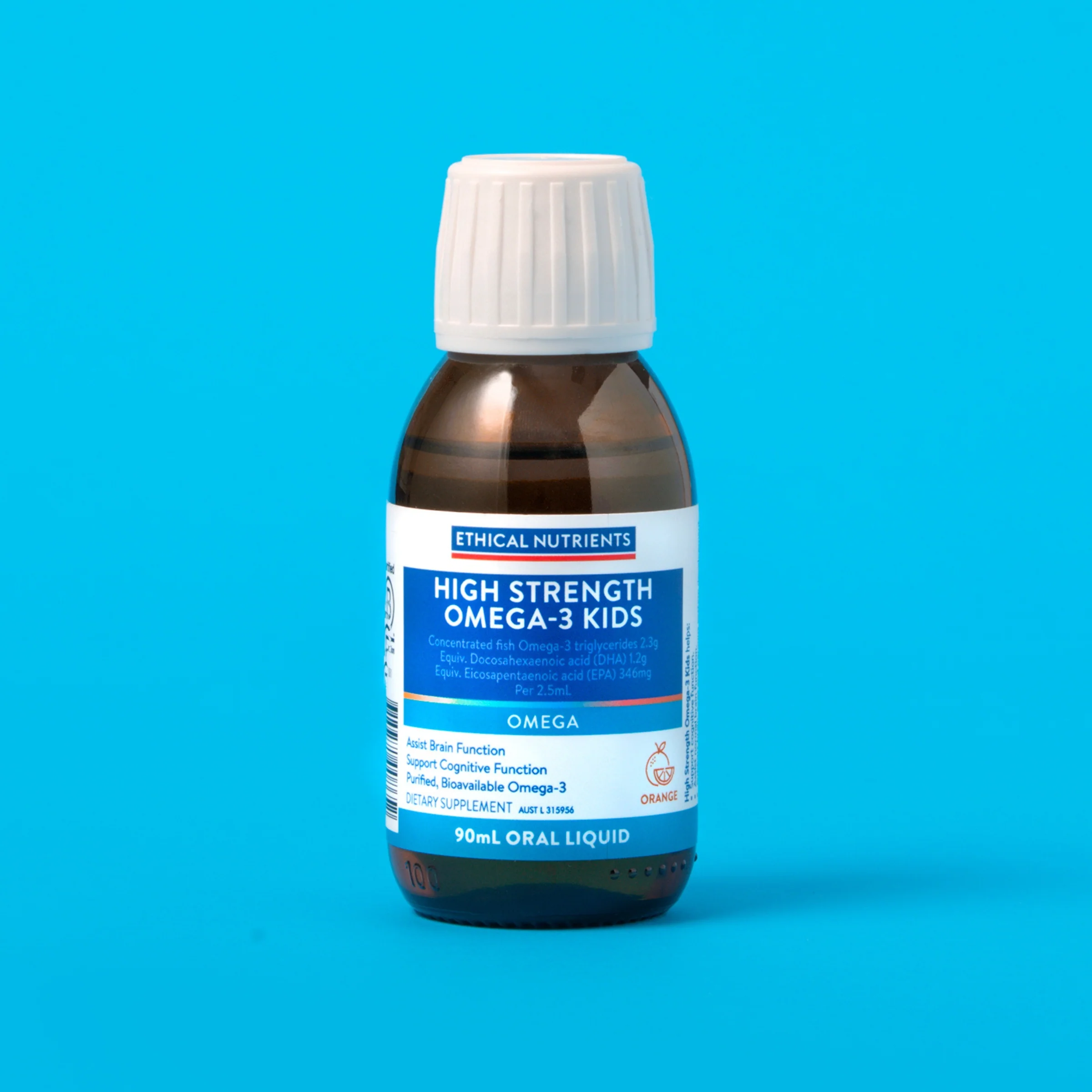
Incorporating Fish Oil into a Child’s Diet
Integrating fish oil into a child’s daily routine does not have to be a chore. There are many ways to make fish oil appealing. One option is to offer fish oil gummies. These often taste better than liquid forms and can be easily taken.
In addition to supplements, consider incorporating more omega-3-rich foods into meals. Dishes can feature fatty fish like salmon or mackerel cooked in kid-friendly ways. Tacos, sandwiches, or even fish sticks can make the fish more enjoyable.
Parents can also try integrating flaxseeds or chia seeds into snacks or smoothies. These seeds are excellent sources of plant-based omega-3s. Smoothies can mask the taste, making them appealing to kids. Yogurt with added seeds can serve as a nutritious snack.
Another approach is to educate children about the benefits of omega-3s. When kids understand why they should consume these nutrients, they may be more willing. Making it a family affair by eating omega-3-rich meals together can foster a positive attitude toward healthy eating.
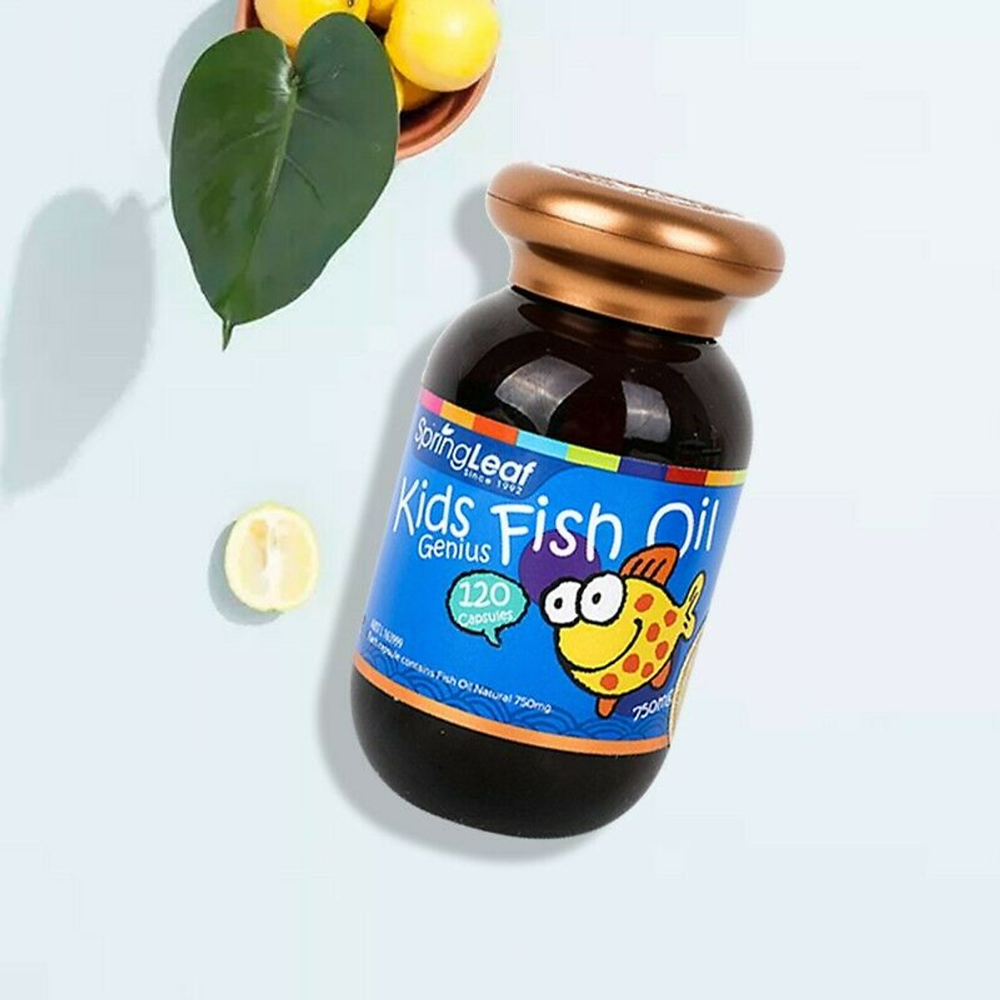
Monitoring Effects of Fish Oil on Health
Monitoring the effects of fish oil supplementation can provide valuable insights. Parents should observe changes in mood, behavior, and physical health. Noticing improvements in attention or focus can indicate beneficial effects. Similarly, enhanced immune function during cold and flu seasons may point to positive outcomes.
Keep a journal to track any changes. Writing down daily doses and any observed effects can be helpful. This log can be a useful tool for discussions with healthcare professionals. It provides clear documentation of the child’s progress.
Regular check-ins with a healthcare provider are essential. These appointments can help assess whether the omega-3 supplementation is effective. Healthcare professionals can also make necessary adjustments to dosage. Continued communication between parents and health specialists ensures the best approach for the child’s health.
In summary, fish oil can offer various benefits for kids. However, parents must educate themselves on the right practices. Understanding dosage guidelines, potential side effects, and effective incorporation methods is essential. Improved cognitive function, immune support, and overall health can contribute to a brighter future for children.
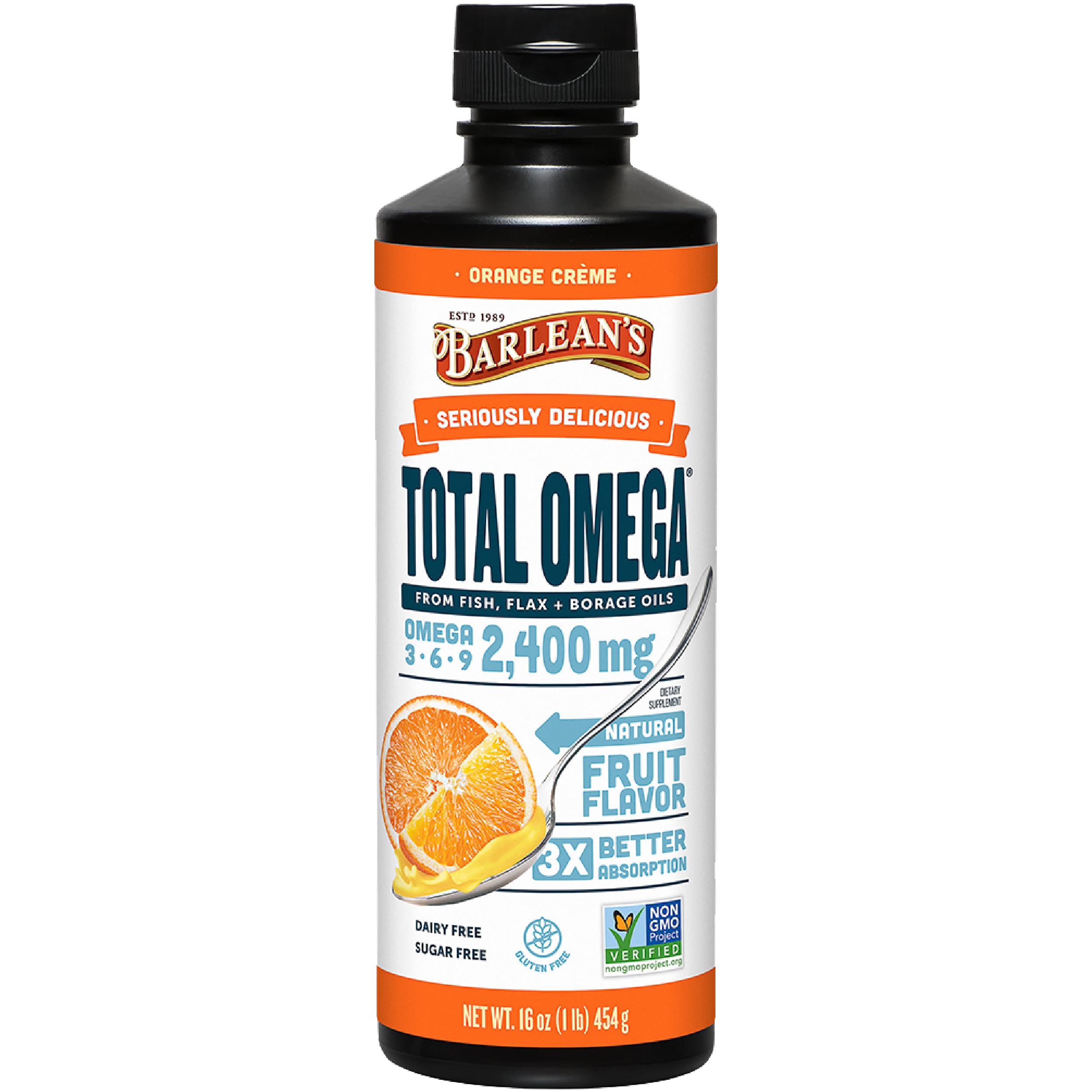
Conclusion
In conclusion, fish oil can be a valuable addition to a child’s diet. With its rich supply of omega-3 fatty acids, it supports cognitive function, heart health, and immune response. Parents should choose high-quality supplements and consult healthcare providers before starting any new regimen.
Monitoring the child’s response to fish oil is crucial. Simple adjustments can make a significant difference. A focused approach can help children thrive and enjoy the benefits of this essential nutrient. Encouraging healthy eating habits alongside supplementation provides a well-rounded approach to nutrition.
Parents hold the key to ensuring their children receive necessary nutrients. Fish oil can support growing bodies and minds, laying a foundation for lifelong health. By staying informed and proactive, parents can enhance their children’s health and well-being, embracing all the benefits fish oil has to offer.

